The Sarvodaya Group
Learn more about us and our work
About Us » The Sarvodaya Group
The Sarvodaya Group Trust
Our Inspiration – Unto This Last
The history of the concept of Sarvodaya in the modern era begins with English social philosopher John Ruskin in 1860 suggesting an alternative economic system that facilitate and focus on enabling the least powerful, not the most. In 1904, a young lawyer in South Africa, Mohandas K. Gandhi, was given a copy of John Ruskin’s compilation of essays “Unto This Last” by Henry Polak, a newspaper editor in Johannesburg. Gandhi read it during an overnight train ride, and recalled in his autobiography that it caused “an instantaneous and practical transformation of my life.” While Ruskin provided the framework for Sarvodaya philosophy, the term would not be coined until a half-century later.
Gandhiji’s Sarvodaya philiosophy is the central motiviating and guiding force for our “Sarvodaya Group Trust”.
Our Mission is simple
Progress for All. Well-being for All. Sarva (all) Udaya (upliftment).
Our Values are
Honesty, Integrity, Hard work, Quality and Professionalism in social service.
The Sarvodaya Group Trust is driven by members, who are sensitized to the society needs and challenges. Progress for all is a good idea, but ambitious. It is not something that can be accomplished by a government, single policy, movement, or belief system. The well-being of all requires the input of all: drawing from collective pool of knowledge, experience, innovation and resources. We believe in working towards a solution to the best of our abilities rather than lamenting on to things not done well so far. We believe in doing our little bit. When it comes to translating these ideals to actions, our guiding philosophy is aptly narrated here:
The Sarvodaya Trust long term vision encompasses activities in areas of
Development
Development
Protection
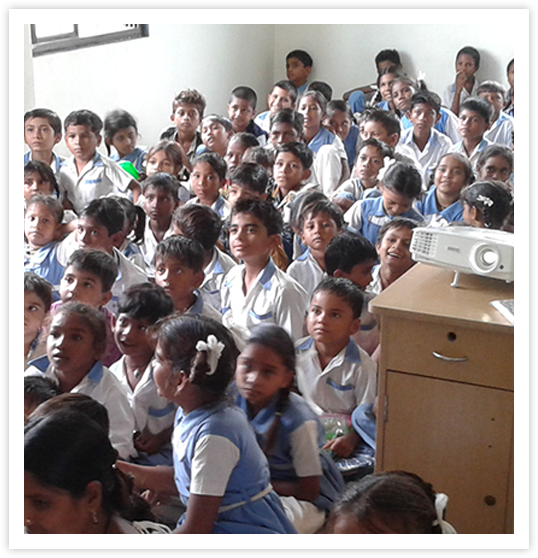
Education for Homeless people and who live in temporary homes.
Build centers in areas where it becomes easy for such people to attain
Pre-school, primary and higher education.
Activate, motivate and support such students for the mainstream, technical and professional education.
Help weaker sections of the society with school fees, uniform, books, scholarship and training support.
Conduct special education programs for widows and elderly people.
Increase awareness of government support for educational and related activities.
Setup and run education center, library, school, college and hostel; and/ or support institutes who are conducting such activities with proven track record.
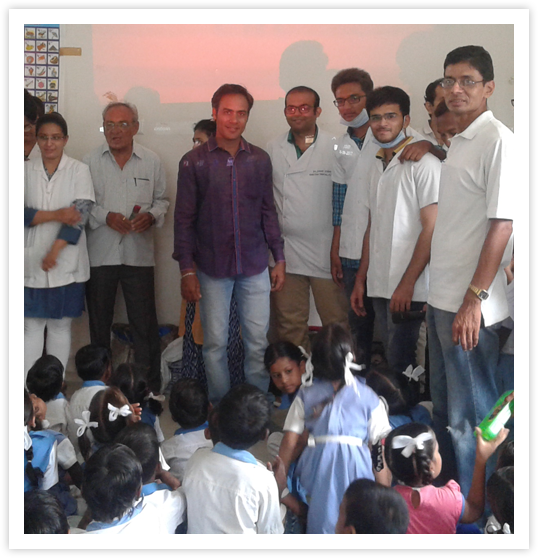
Increase awareness on hygiene, diseases, preventive steps and treatment.
Provide medical treatment on subsidized or free basis to the elderly and financially weaker sections.
Setup and run medical centers, dispensaries, and laboratories, medical and nursing college.
Conduct camps for eye treatment, blood donation.
Provide ambulance services to underserved areas.
Conduct programs for economically weaker class, blind, disabled, elderly and homeless people which make them self reliant and provide them with medicine, support systems, training facilities, housing
Development
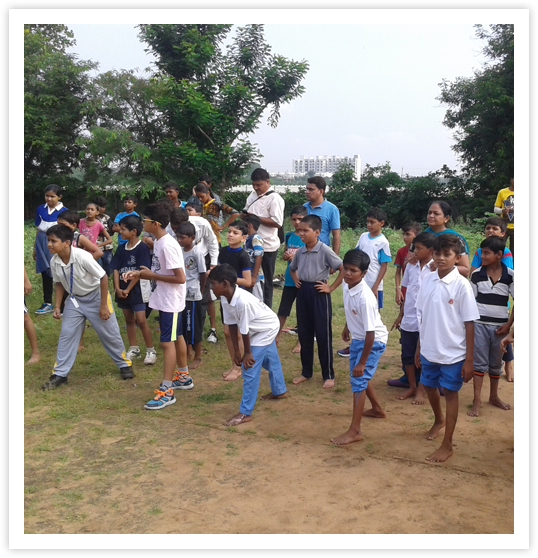
Children and youth development into areas of sports, music, drawing, art and entertainment.
Produce and run reality shows, TV serials on related themes
Conduct competition and training centers
Development
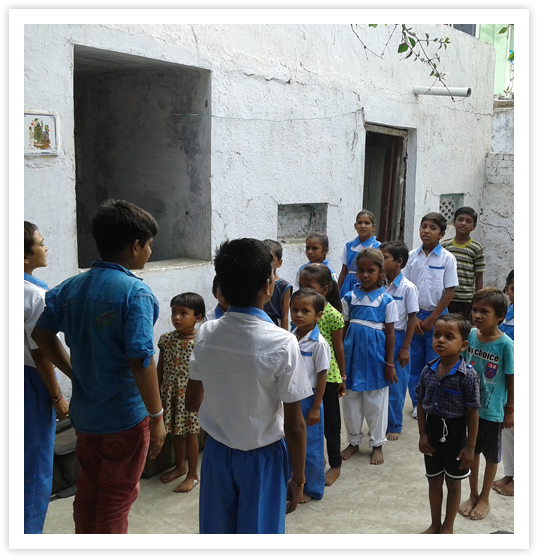
Conduct activities to bring out hidden talents.
Confidence building activities like Public speaking, debate competition.
Provide vocational training. Open parlors, sewing classes, cooking classes.
Protection
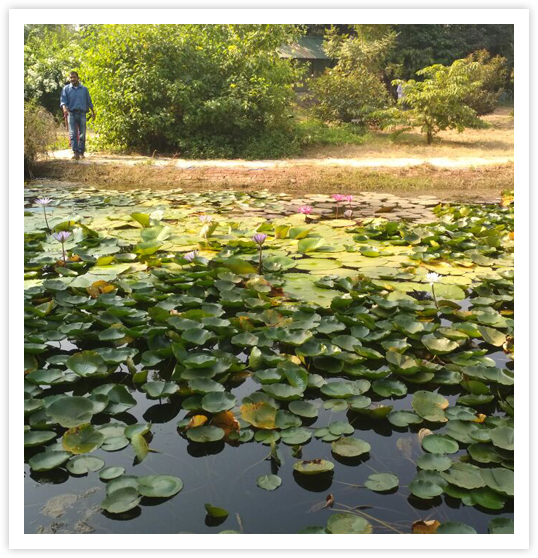
Open centers for protection and medical treatment of animals and birds.
Open feeding and cattle field development centers.
Set up helpline for extension of support..
Study species, which are rare and getting extinct, setup their protection centers.
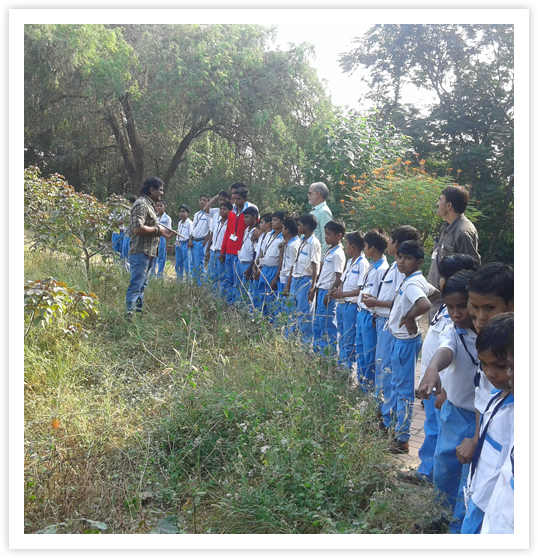
Increase awareness on environmental damages and day-to-day solutions.
Tree plantation. Water and natural resources conservation.
Set up waste water recycling treatment plant.


